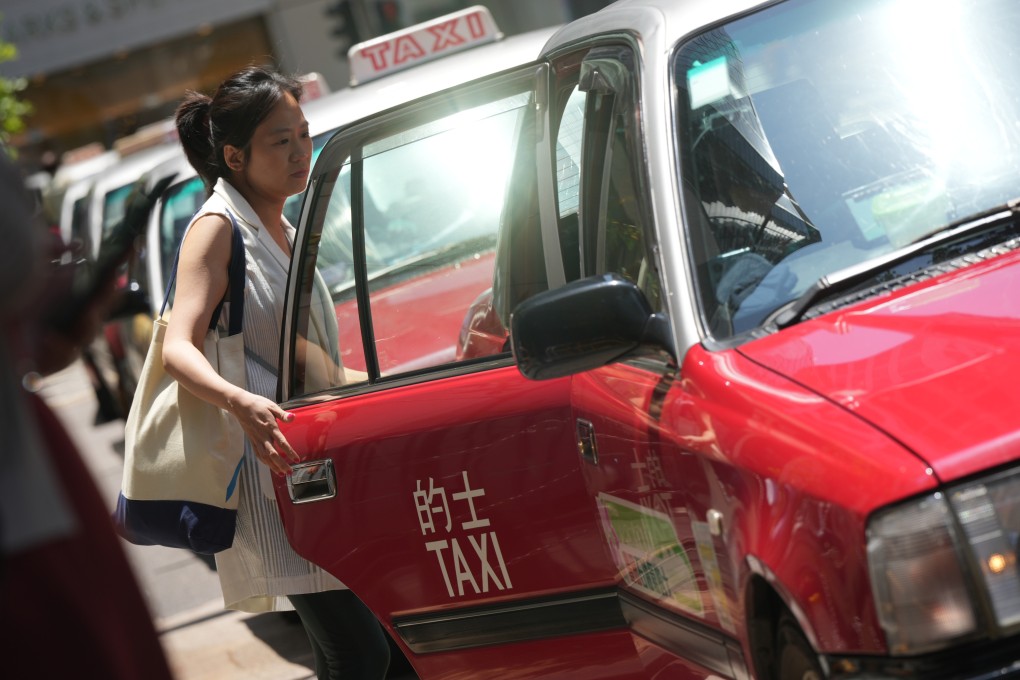Explainer | What do Hong Kong’s proposals for ride-hailing services such as Uber mean for commuters?
- The Post unpacks the government’s suggestions to impose stiffer penalties to combat illegal ride-hailing services and rely on licensing to regulate platforms

Hong Kong authorities have finally revealed proposals on regulating ride-hailing services such as Uber. The company has been operating in the city for a decade, with years of outcries from taxi drivers.
In a highly-anticipated document presented to lawmakers on Monday, the Transport and Logistics Bureau said it intended to impose stiffer penalties to combat illegal ride-hailing services and rely on licensing to regulate platforms, while also improving taxi services through premium fleets.
The Post unpacks the latest suggestions that will be discussed in the legislature on Friday.
1. What is the government’s intention on ride-hailing services?
Noting the public’s demand for ride-hailing services, the Transport and Logistics Bureau suggested regulating the online platforms through licensing after studying how Singapore, Shenzhen, London and elsewhere handled the business.
The Transport Department will conduct a study of commuter needs to decide the details of the regulatory mechanism, such as the types and number of vehicles to be allowed and licensing requirements for the platforms and drivers.
The government also intends to introduce tougher penalties to curb illegal ride-hailing services, such as suspending the licences and registration of the vehicles involved, as well as impounding the cars.
The move would cover vehicles involved in such cases where authorities had failed to identify and prosecute the drivers, plugging an existing loophole.